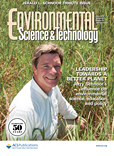 In August, Science told us it was considering adding an Expression of Concern to a high-profile paper about how human pollution is harming fish — and yesterday, the journal did it.
In August, Science told us it was considering adding an Expression of Concern to a high-profile paper about how human pollution is harming fish — and yesterday, the journal did it.
The move comes after a group of researchers alleged the paper contains missing data, and the authors followed a problematic methodology. In September, however, the co-authors’ institution, Uppsala University in Sweden, concluded there wasn’t enough evidence to launch a misconduct investigation.
The notice from Science stems from the theft of a computer carrying some of the paper’s raw data, making it impossible to reproduce some of its findings: Continue reading Stolen data prompts Science to flag debated study of fish and plastics


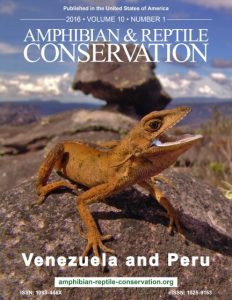
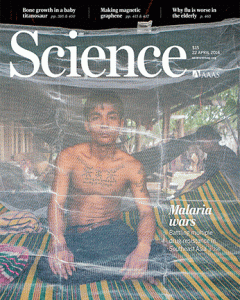 An expert group at Uppsala University has recommended not proceeding with a full investigation into allegations of misconduct in a high-profile Science paper showing how human pollution may be harming fish.
An expert group at Uppsala University has recommended not proceeding with a full investigation into allegations of misconduct in a high-profile Science paper showing how human pollution may be harming fish.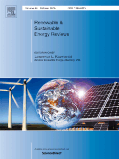
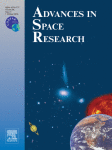 Climate scientists from the U.S. Department of Agriculture have withdrawn a study they wrote under eyebrow-raising pseudonyms.
Climate scientists from the U.S. Department of Agriculture have withdrawn a study they wrote under eyebrow-raising pseudonyms.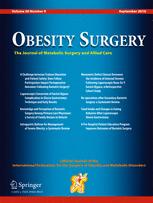 With retraction notices
With retraction notices 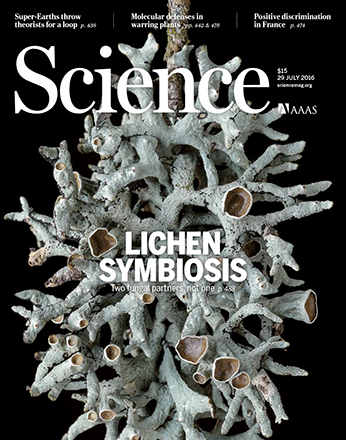 Science is considering adding an expression of concern (EOC) to a June paper that
Science is considering adding an expression of concern (EOC) to a June paper that 